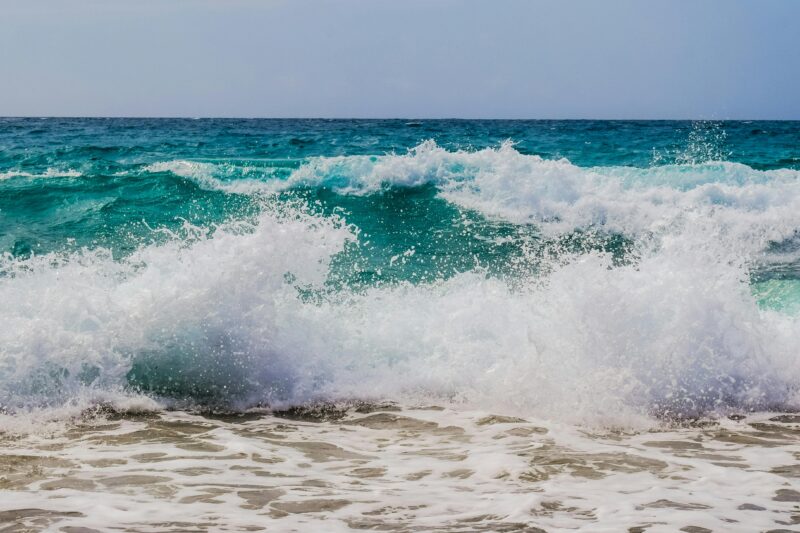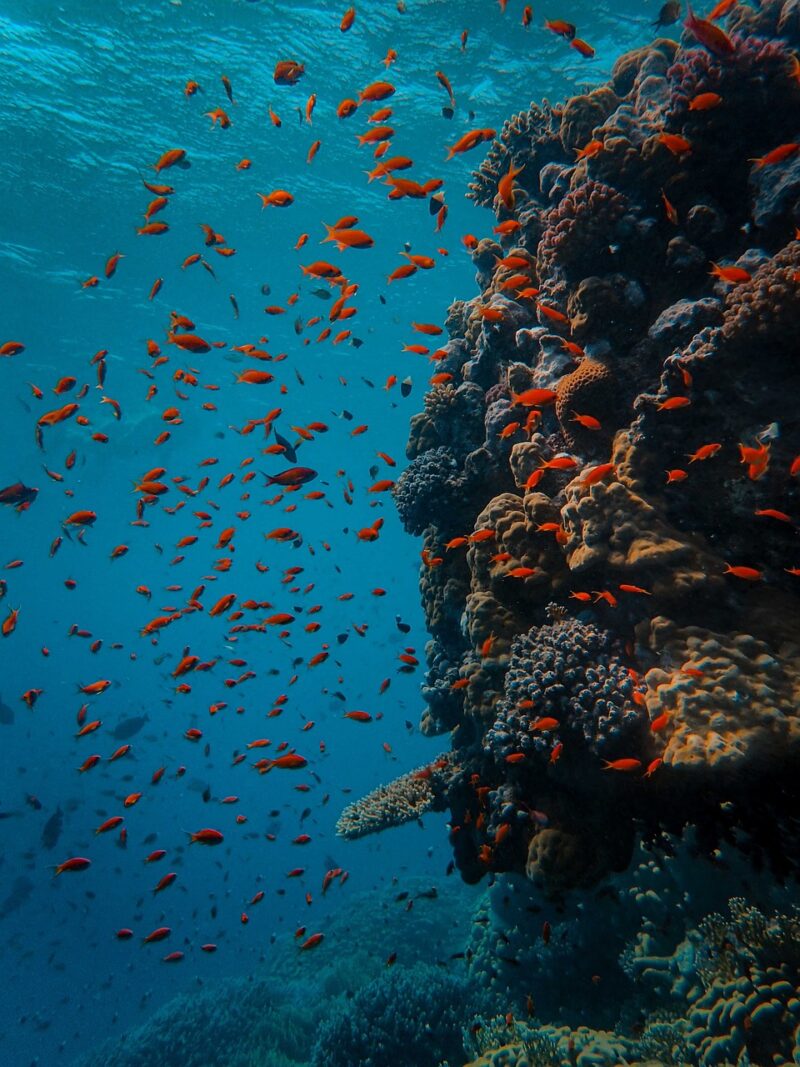
ALTER/NATIVE OCEANIC FUTURES: SPECULATIVE SURVIVANCE IN THE ANTHROPOCENE
The world’s oceans are vast and alive, teeming with more-than-human communities, entangled ecosystems, and storied histories. What can we learn from them about our collective futures amidst climate breakdown?

What if?—this speculative question has been asked time and again – in the era we now recognize as the Anthropocene – to address the planet’s uncertain and increasingly dire future. When asked in relation to the ocean, what-if questions can signal a complex speculative politics underway—from the “sustainable” futures being charted by those prospecting oceans for resources to the alternative futures envisioned by oceanic communities – especially from the “global south” – in response to historical and ongoing violences enacted against them.
This project examines the colonial, capitalist, and extractive dimensions of Anthropocene discourse and thinks alongside decolonial and more-than-human imaginaries of oceanic climate change. Working at the intersection of the blue humanities, literary studies, and cultural analysis, it builds a creative/critical framework exploring two key contexts: artistic works and climate action. These contexts, interconnected through their oceanic worldviews, positionality within physical and epistemological margins, and advocacy for the ocean’s (narrative) agency, offer vital strategies of addressing crises of climate and storytelling.
Drawing attention to oceanic communities, their experiences of climate breakdown, and their recognition of oceans as sites of storied, more-than-human presences is among this project’s primary aims, as is highlighting discursive strategies of resistance to grand narratives of the Anthropocene. While the world’s waterscapes are increasingly rendered sites for material, extractive conquest, the project aims to reframe dominant epistemological and ontological understandings of oceans and help pluralize the planet’s pasts, presents, and futures.
Anumitha John is a PhD researcher at the Wissenschaftszentrum Umwelt, Augsburg University. Contact: anumitha.john@uni-a.de

